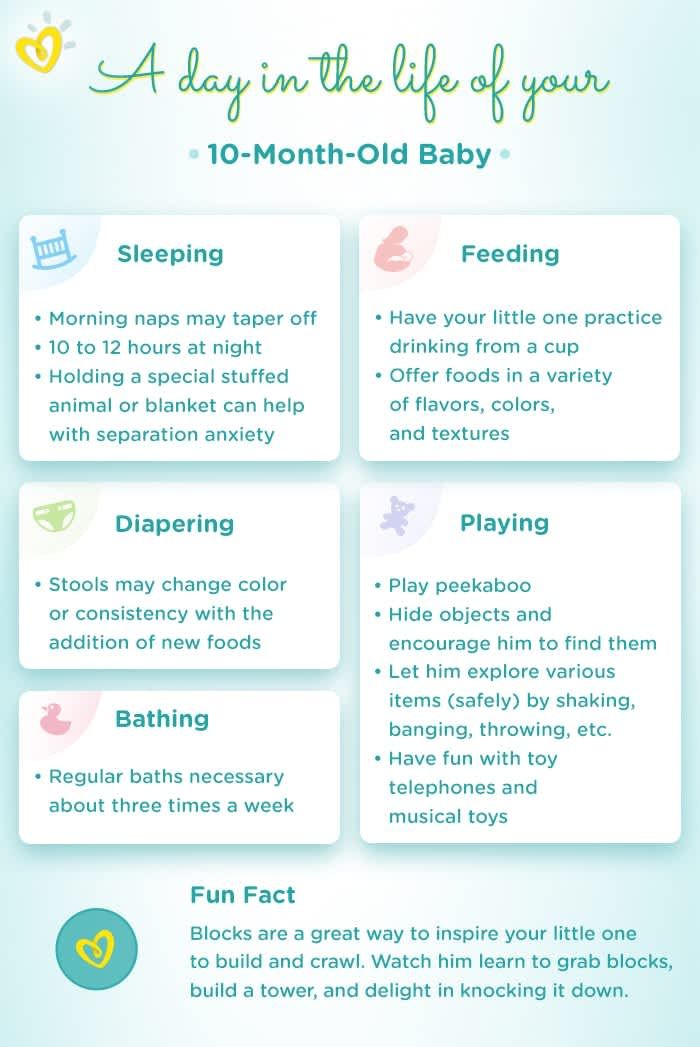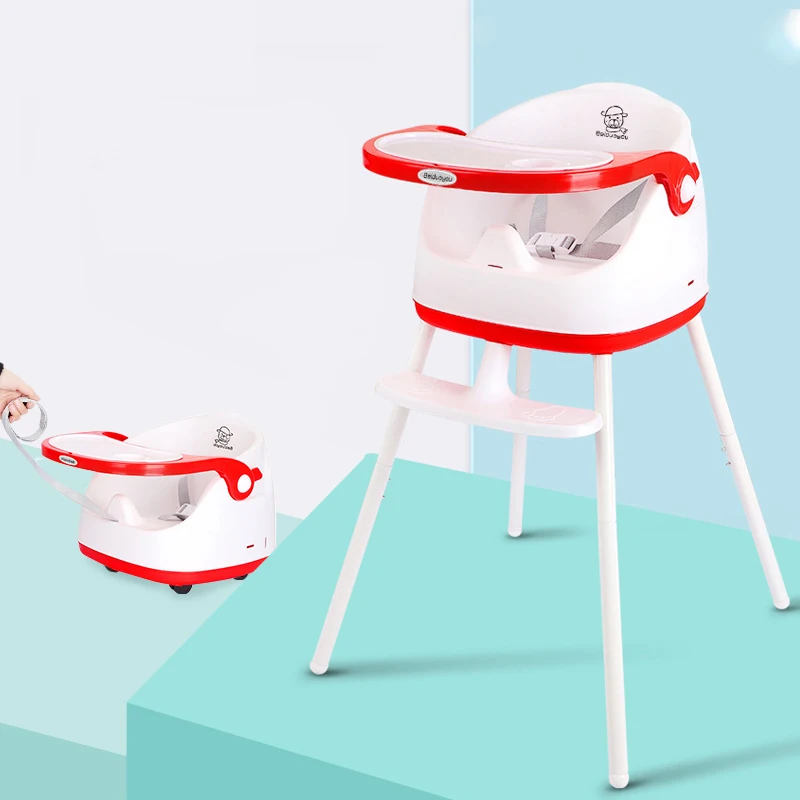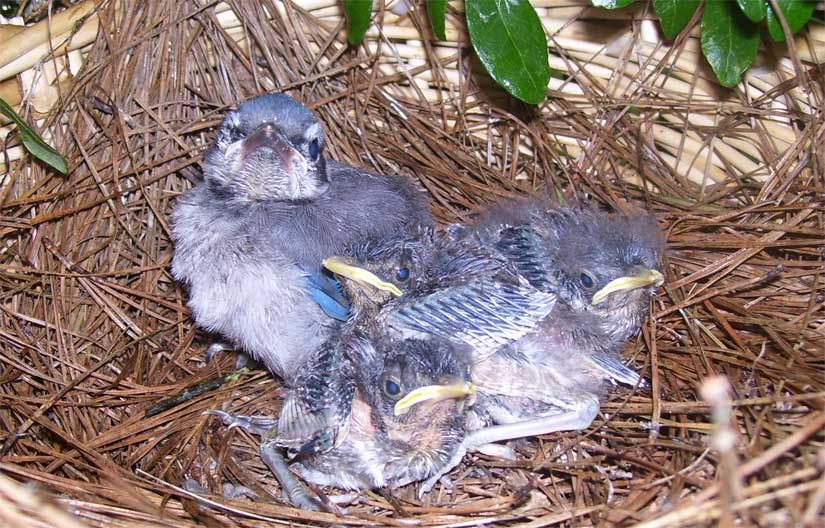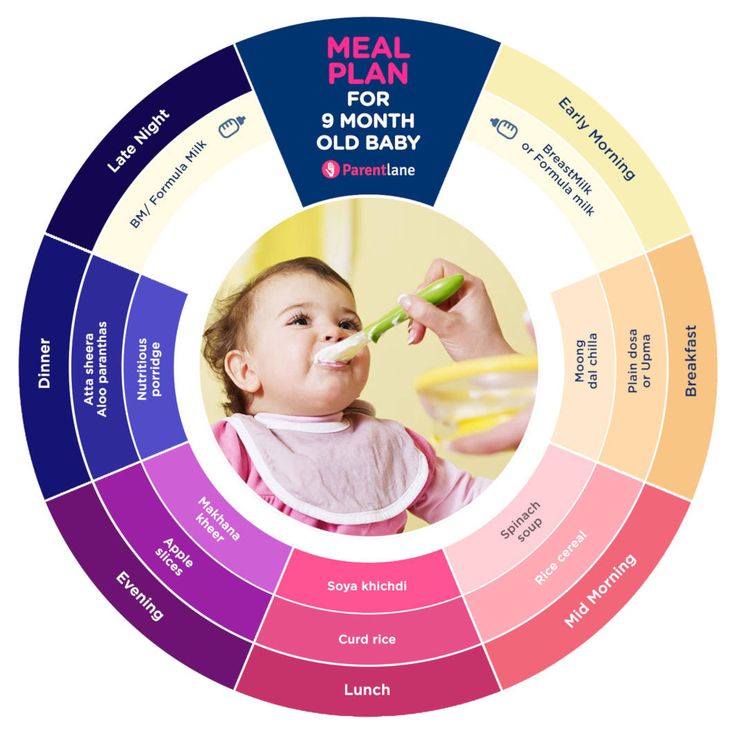Baby feeds little and often
My Baby Wants to Breastfeed All the Time! Is This Normal?
Frequent Feeds Are Very Common!
In the first few days after birth, it is very common for newborns to feed constantly, probably around 12 or more times per 24 hours. Newborn babies drink very small amounts frequently in the first 1-2 days.
Most newborn babies only drink about a teaspoon (5-7ml) of colostrum at each feed on day one. This is just perfect as their tummy is about the size of a cherry and holds about 7mls at each feed on day one! Perfectly designed!
By day two you start to make a little bit more colostrum at each feed and this gradual increase in milk each day stretches bub’s tummy allowing them to drink more.
Colostrum is a sugary delicious drink but it is not jam-packed with fat at this stage, which means baby needs to keep feeding very often to stay full up.
Remember, every time your baby feeds it helps your breasts build your milk supply in the first month. As your milk increases in volume, from around day 3 onwards, you will notice your baby starts to have longer sleep periods of around 1. 5 – 3 hours mostly.
During the first month, newborn babies need to feed on average 8 – 12 times every 24 hours to ensure they are getting enough milk and that you stimulate the breasts enough to keep building your milk supply. One you have established a good milk supply in the first month you may find that your baby changes their feeding pattern again. Many mums report this happens around 6-8 weeks after birth.
After this first month, research has shown us that babies will breastfeed anywhere from 4-13 times every 24 hours, but most babies still feed on average 10-11 feeds every day.
Each mum and baby’s breastfeeding pattern is different and this is perfectly normal. It is just down to the levels of fat in your milk (and fat levels change throughout the day) and the amount of milk your breast can hold at each feed, as well as how your baby is feeling.
Babies Find Breastfeeding Relaxing
Most babies find breastfeeding very comforting and, just like if we feel upset a hug can do wonders.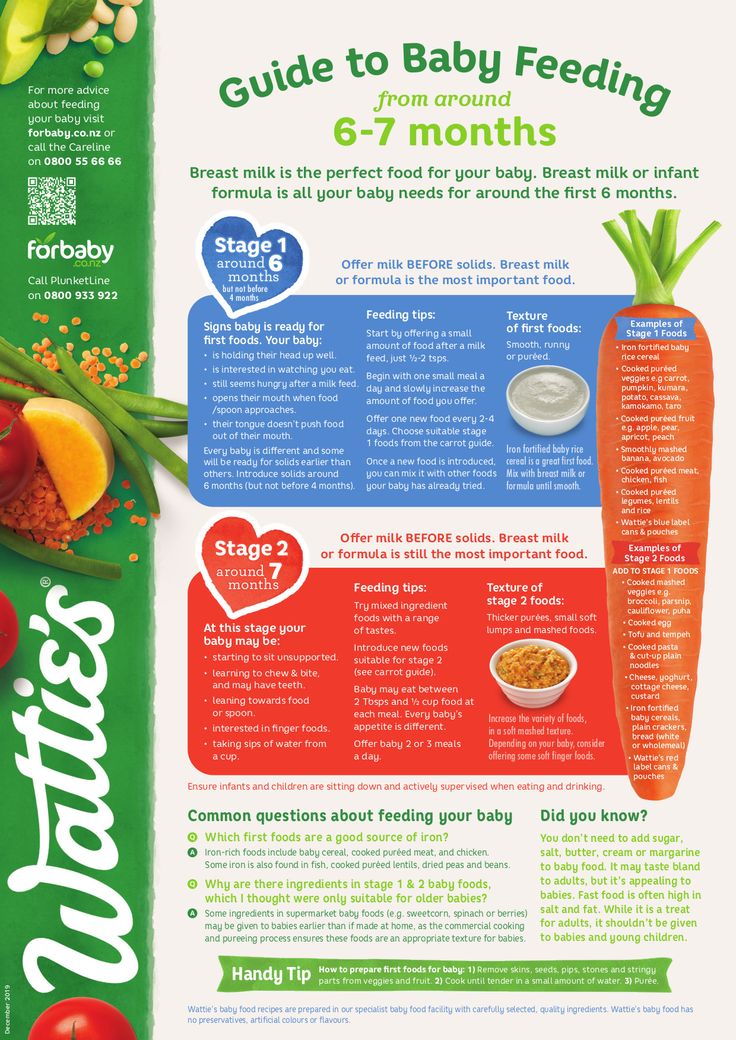 Likewise, a short extra breastfeed does the same for calming our babies!
Likewise, a short extra breastfeed does the same for calming our babies!
Do not compare yourself with another mum and baby’s feeding pattern. It will most likely be completely different from yours. Trying to “force” your baby into strict routines often brings with it tears and stress for mum and bub!
There are, of course, some mums who say that a routine was the best thing for their baby. But these babies are probably the very small percentage of babies who naturally feed every 4-5 hours and would’ve gotten themselves into a strict schedule anyway!
For most babies, a strict routine does not work! Try and go with the flow, listen to your baby’s cues for when they would like a feed and feed them. Just like us, they will not stick to the same “routine” every day.
I bet you didn’t have the same things to eat, in the same quantity, at the same time, with the same glasses of water, cups of tea or snacks as you have today! So why do we think this is normal for our babies?!
Cluster Feeds Continue After the First Few Days
Most mums report that their baby feeds frequently and is unsettled more so during the evening hours, most commonly between 6 – 10pm.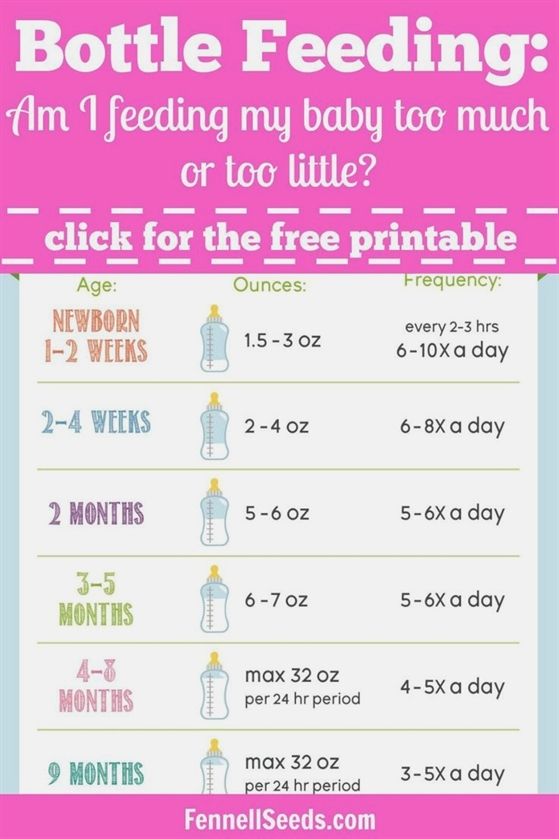 Mums often say that their baby wants to be held constantly and feed “all the time” and that baby cries when put down in their cot.
Mums often say that their baby wants to be held constantly and feed “all the time” and that baby cries when put down in their cot.
This is a very normal and common behaviour for babies who are otherwise content during other parts of the day, feeding and gaining weight well and are generally healthy.
Babies do have these periods of cluster feeding, often most present between 2 and 9 weeks of age, but of course some babies will have these periods for several more weeks and still be totally healthy.
Researchers think it is a developmental stage that all babies naturally need to go through. There are a huge number of processes going on in a baby’s brain in the first year. Babies can easily get overwhelmed or dysregulated in the first few months in particular.
Babies who are overtired or overwhelmed, find it hard to calm down by themselves in the first few months of life and need someone to help them. And what better way to be calmed than having a breastfeed, which of course is not just food, but also a pain reliever and a happy hormone giver!
Also, being held and rocked allows baby to feel safe and warm, like being back in the womb.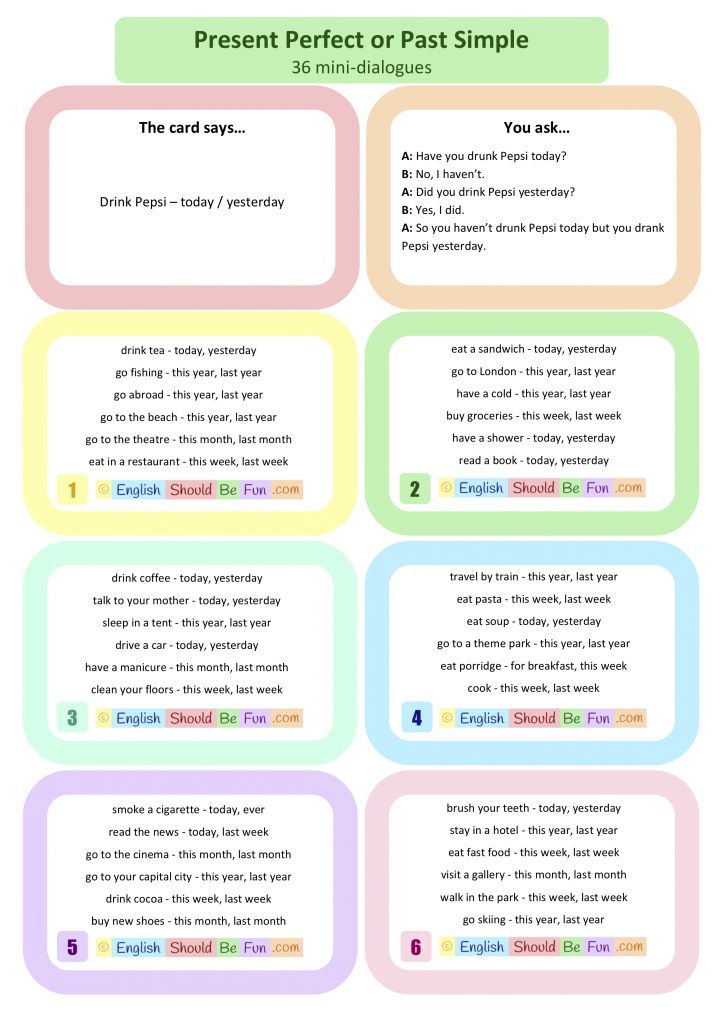 So, it makes sense that they need to be held and fed so much in the evenings after a big day in the big wide world!
So, it makes sense that they need to be held and fed so much in the evenings after a big day in the big wide world!
Normal Can Still Be Tiring!
Even though this is normal, it doesn’t stop it being exhausting. So, it’s important to note how you are feeling and coping.
Some of us have another person around to help us out, whilst other new mums have to manage alone during the cluster feeds. Regardless of your situation, it is important to realise that cluster feeding is normal.
If you are responding to your baby by holding them and feeding them, yet they are still crying in-between feeds you are not causing harm to your baby, you are still showing them love and they will calm when they are able to.
The other thing to remind yourself is that this is temporary. It is important to not place any demands on yourself during these times. Try preparing dinner at times in the day when baby is sleeping well and just re heat and eat when you can during the cluster breastfeeds!
If you have support, share the holding and rocking of baby with another person to give you a break.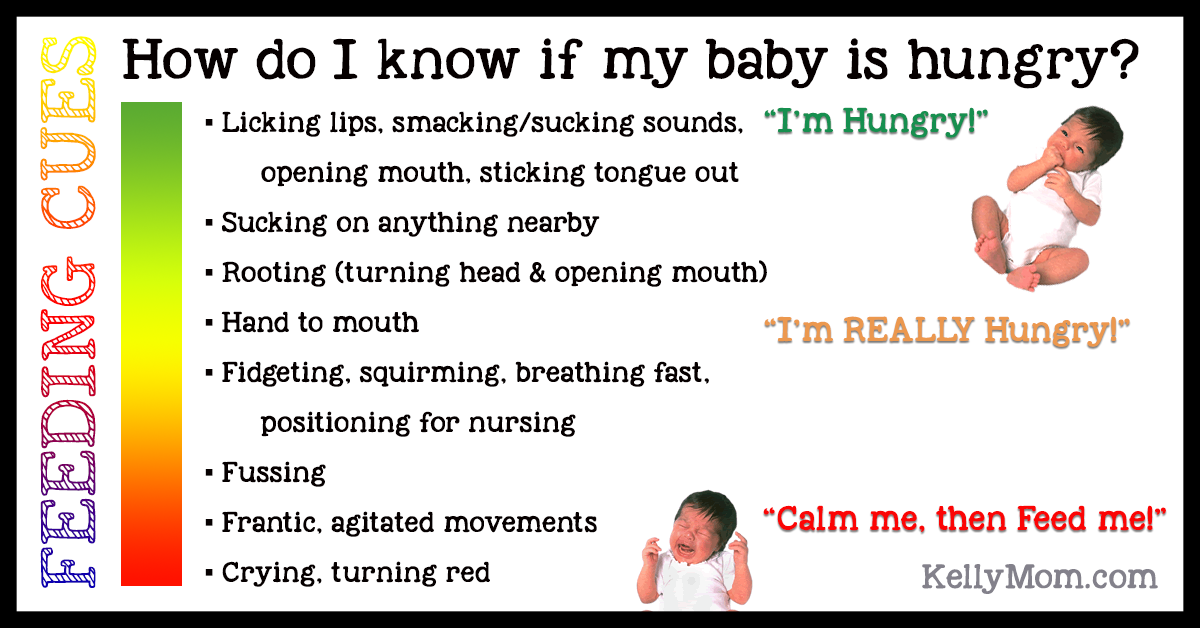 If you do not have supports around at that time, listen to your instincts; if you are starting to feel like it is all too much and you feel worried that you are not coping, place your baby safely in their bassinet and walk away to calm down for a few minutes, before coming back to hold baby again.
If you do not have supports around at that time, listen to your instincts; if you are starting to feel like it is all too much and you feel worried that you are not coping, place your baby safely in their bassinet and walk away to calm down for a few minutes, before coming back to hold baby again.
You could also try knocking on the door of your neighbour, who you know and trust, and asking them to hold your baby for 15 mins or so to give you a break.
Most people will understand and, if they have children, they will have gone through the same themselves. Doing this will not harm your baby, but, will give you time to relax a little and recharge.
If you are finding that you are not coping during other parts of the day then it is important to talk with your GP or contact PANDA http://www.panda.org.au/ for some extra help and support.
If you are concerned that your baby’s crying seems abnormal and you are worried if your baby may be unwell. Please get first line advice from these helplines (below).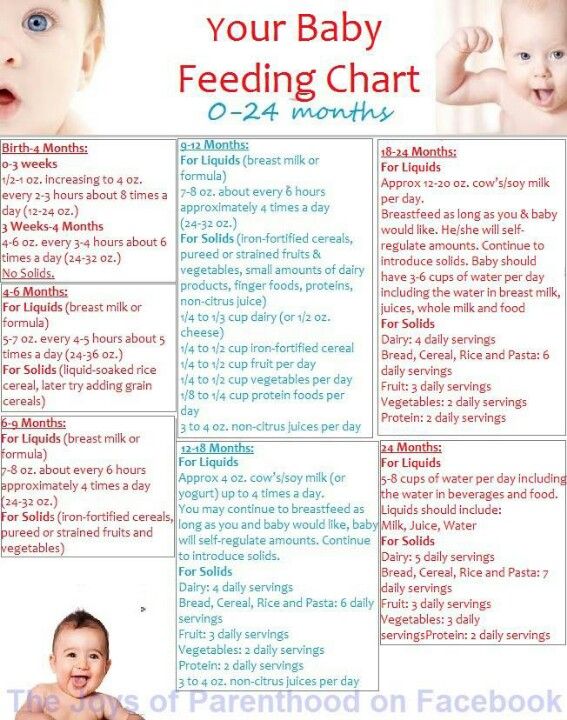 They will be able to give you support and further guidance:
They will be able to give you support and further guidance:
Health Direct helpline (covers all of Australia) 1800 882 436
Maternal and Child Health Nurse 24-hour helpline on 13 22 29 (if you are in the state of Victoria)
Other Things Which Can Help to Relax Babies During Cluster Feeding Times
Skin to skin contact
Having a bath with your baby – only do this if you have another person to help you and baby in and out of the bath and keep you both safe.
“Rocking your pelvis like Elvis” – Whilst holding your baby, try some rocking and swaying moves whilst holding baby either upright, over your arm like superman or in a cradle hold. Each baby will be different in the positions they prefer. You Maternal and Child Health nurse can show you positions for holding and calming babies.
Carrying your baby in a sling. This keeps baby nice and close and creates a womb like environment.
As you rock your baby make a loud “shuuusssshhhh” noise.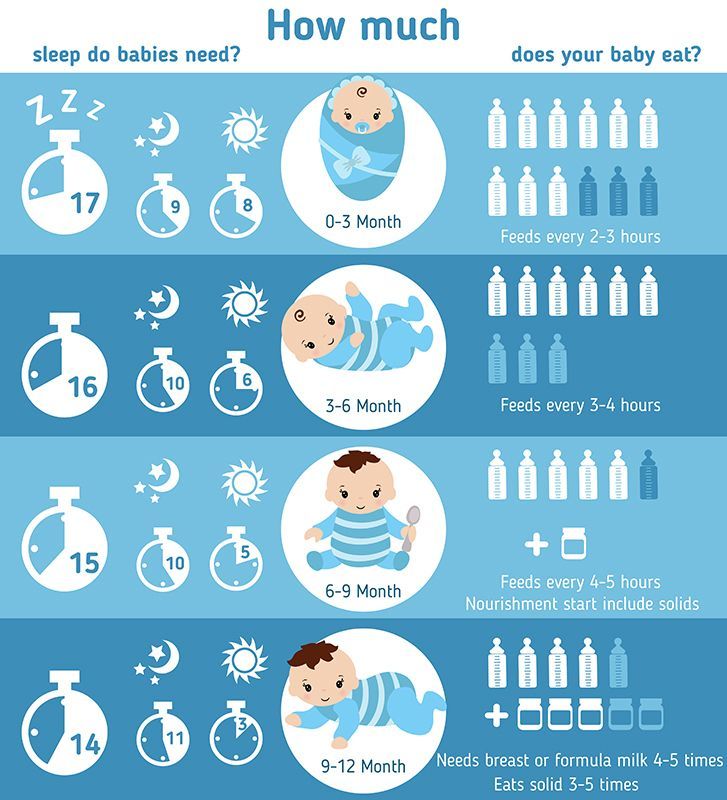 This is actually calming for babies as it mimics the sounds of being inside the womb.
This is actually calming for babies as it mimics the sounds of being inside the womb.
Try taking 5 deep breaths with your eyes closed before breastfeeding baby to ensure you are relaxed and not tense.
Make sure you get extra sleep in the day time, even if you don’t feel like it make sure you lay down in a darkened, quiet room to rest your body and brain. Over the next few days you’ll soon be drifting off to la la land easily.
Lastly, remember that you cannot spoil a baby by holding them too much. All the information about spoiling babies came out of textbooks written in the early 1900’s!
We have known for years and years that holding and listening to your baby’s needs is the best thing to do, yet we still hear this very bad advice! So listen to your gut instinct and cuddle, love and feed your baby as they need it. This phase will pass and get easier over the next few weeks.
For more information head over to our Medela Australia Facebook page.
Do you ever feel like your baby wants to feed all the time, especially at certain times during the day? Let’s have a chat and support each other!
Breastfeeding FAQs: How Much and How Often (for Parents)
Breastfeeding is a natural thing to do, but it still comes with its fair share of questions. Here's what you need to know about how often and how long to breastfeed your baby.
Here's what you need to know about how often and how long to breastfeed your baby.
How Often Should I Breastfeed?
Newborn babies should breastfeed 8–12 times per day for about the first month. Breast milk is easily digested, so newborns are hungry often. Frequent feedings helps stimulate your milk production during the first few weeks.
By the time your baby is 1–2 months old, he or she probably will nurse 7–9 times a day.
In the first few weeks of life, breastfeeding should be "on demand" (when your baby is hungry), which is about every 1-1/2 to 3 hours. As newborns get older, they'll nurse less often, and may have a more predictable schedule. Some might feed every 90 minutes, whereas others might go 2–3 hours between feedings.
Newborns should not go more than about 4 hours without feeding, even overnight.
How Do I Count the Time Between Feedings?
Count the length of time between feedings from the time your baby begins to nurse (rather than at the end) to when your little one starts nursing again.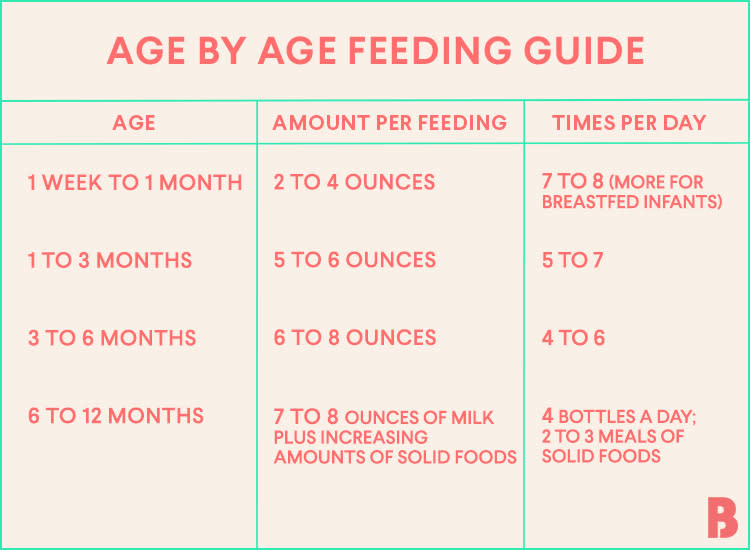 In other words, when your doctor asks how often your baby is feeding, you can say "about every 2 hours" if your first feeding started at 6 a.m., the next feeding was around 8 a.m., then 10 a.m., and so on.
In other words, when your doctor asks how often your baby is feeding, you can say "about every 2 hours" if your first feeding started at 6 a.m., the next feeding was around 8 a.m., then 10 a.m., and so on.
Especially at first, you might feel like you're nursing around the clock, which is normal. Soon enough, your baby will go longer between feedings.
How Long Does Nursing Take?
Newborns may nurse for up to 20 minutes or longer on one or both breasts. As babies get older and more skilled at breastfeeding, they may take about 5–10 minutes on each side.
How long it takes to breastfeed depends on you, your baby, and other things, such as whether:
- your milk supply has come in (this usually happens 2–5 days after birth)
- your let-down reflex (which causes milk to flow from the nipple) happens right away or after a few minutes into a feeding
- your milk flow is slow or fast
- the baby has a good latch, taking in as much as possible of your areola (the dark circle of skin around your nipple)
- your baby begins gulping right away or takes it slow
- your baby is sleepy or distracted
Call your doctor if you're worried that your baby's feedings seem too short or too long.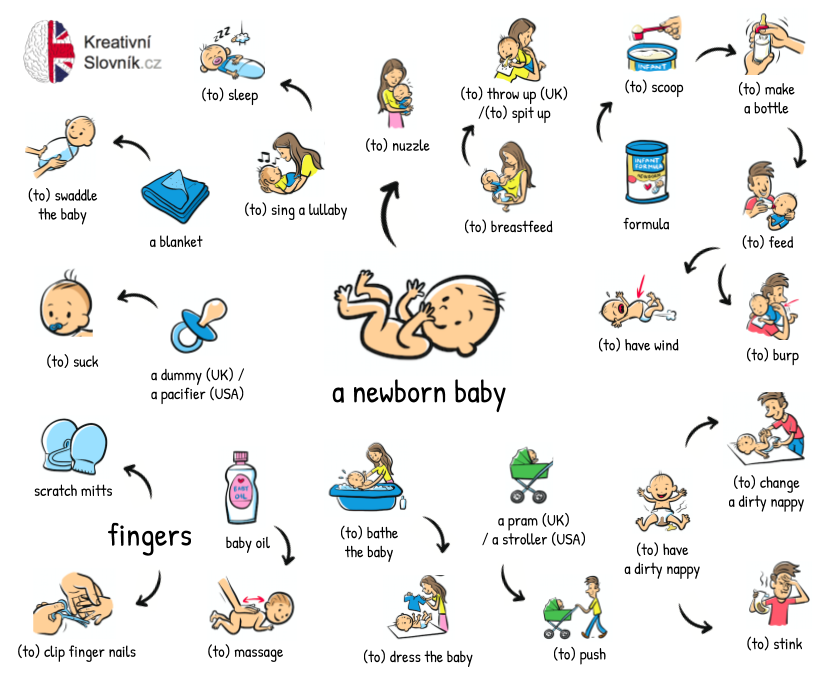
When Should I Alternate Breasts?
Alternate breasts and try to give each one the same amount of nursing time throughout the day. This helps to keep up your milk supply in both breasts and prevents painful engorgement (when your breasts overfill with milk).
You may switch breasts in the middle of each feeding and then alternate which breast you offer first for each feeding. Can't remember where your baby last nursed? It can help to attach a reminder — like a safety pin or small ribbon — to your bra strap so you'll know which breast your baby last nursed on. Then, start with that breast at the next feeding. Or, keep a notebook handy or use a breastfeeding app to keep track of how your baby feeds.
Your baby may like switching breasts at each feeding or prefer to nurse just on one side. If so, then offer the other breast at the next feeding. Do whatever works best and is the most comfortable for you and your baby.
How Often Should I Burp My Baby During Feedings?
After your baby finishes on one side, try burping before switching breasts.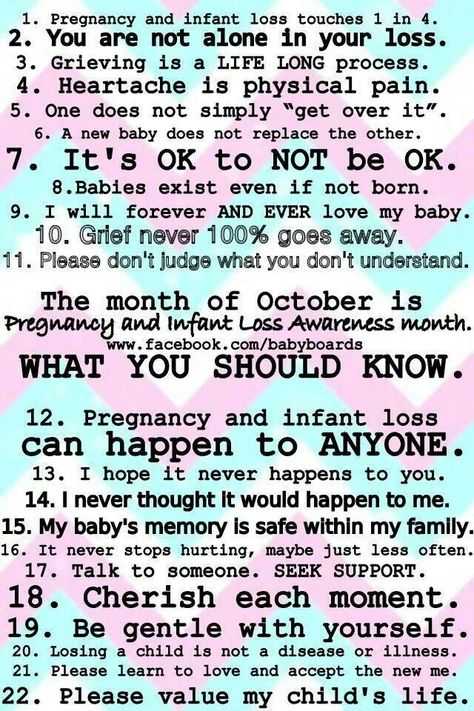 Sometimes, the movement alone can be enough to cause a baby to burp.
Sometimes, the movement alone can be enough to cause a baby to burp.
Some infants need more burping, others less, and it can vary from feeding to feeding.
If your baby spits up a lot, try burping more often. While it's normal for infants to "spit up" a small amount after eating or during burping, a baby should not vomit after feeding. If your baby throws up all or most of a feeding, there could be a problem that needs medical care. If you're worried that your baby is spitting up too much, call your doctor.
Why Is My Baby Hungrier Than Usual?
When babies go through a period of rapid growth (called a growth spurt), they want to eat more than usual. These can happen at any time. But in the early months, growth spurts often happen when a baby is:
- 7–14 days old
- 2 months old
- 4 months old
- 6 months old
During these times and whenever your baby seems extra hungry, follow your little one's hunger cues. You may need to breastfeed more often for a while.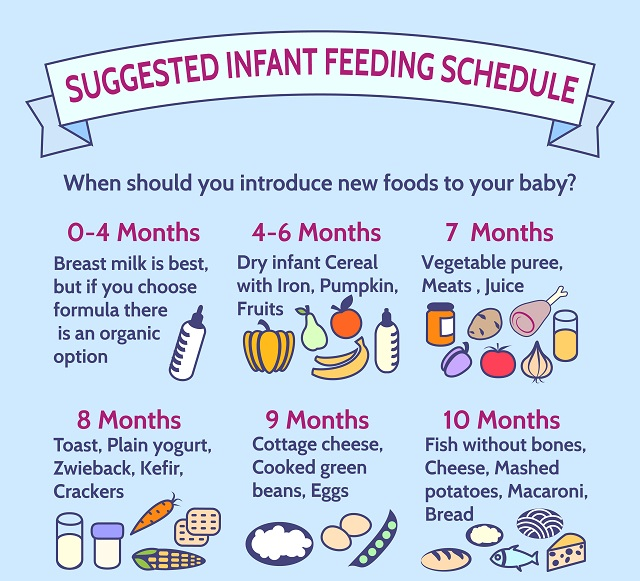
How Long Should I Breastfeed My Baby?
That's a personal choice. Experts recommend that babies be breastfed exclusively (without formula, water, juice, non–breast milk, or food) for the first 6 months. Then, breastfeeding can continue until 12 months (and beyond) if it's working for you and your baby.
Breastfeeding has many benefits for mom and baby both. Studies show that breastfeeding can lessen a baby's chances of diarrhea, ear infections, and bacterial meningitis, or make symptoms less severe. Breastfeeding also may protect children from sudden infant death syndrome (SIDS), diabetes, obesity, and asthma.
For moms, breastfeeding burns calories and helps shrink the uterus. In fact, breastfeeding moms might return to their pre–pregnancy shape and weight quicker. Breastfeeding also helps lower a woman's risk of diseases like:
- breast cancer
- high blood pressure
- diabetes
- heart disease
It also might help protect moms from uterine cancer and ovarian cancer.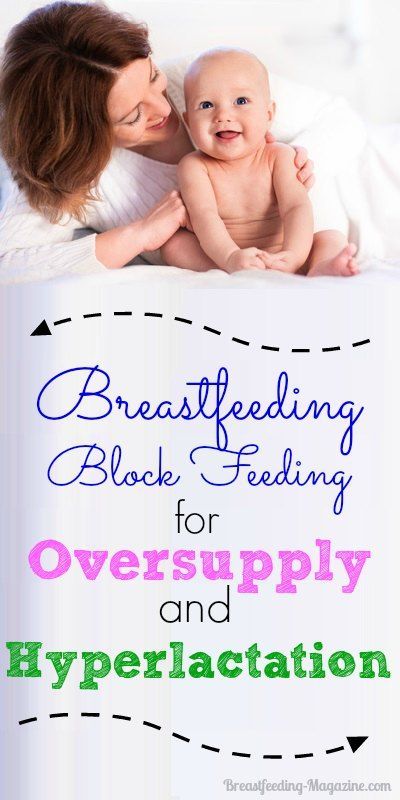
If the child does not eat well: what to do and what not to do
What to do if the child does not want to eat.
- Malyusik, well, one more spoon - and that's it! Last! I ate only two, let's have a little more, here's the most delicious piece for you! - says the average mother, offering a spoon with one hand, playing the accordion with the other, showing the trick with the disappearance of the handkerchief with the third, turning the cutlets over with the fourth, while doing somersaults on one leg.
Sound familiar?
Every dad has an instinct to bring home food, and mom has to feed the baby food. And if he refuses to eat, a signal is triggered - "I'm a bad mother" or "the child is sick."
In this case, the most important thing for a parent to understand is whether the child DOES NOT WANT or CANNOT eat?
If the baby is running around, having fun and looking good, without showing any signs of illness, then most likely he does not want to eat.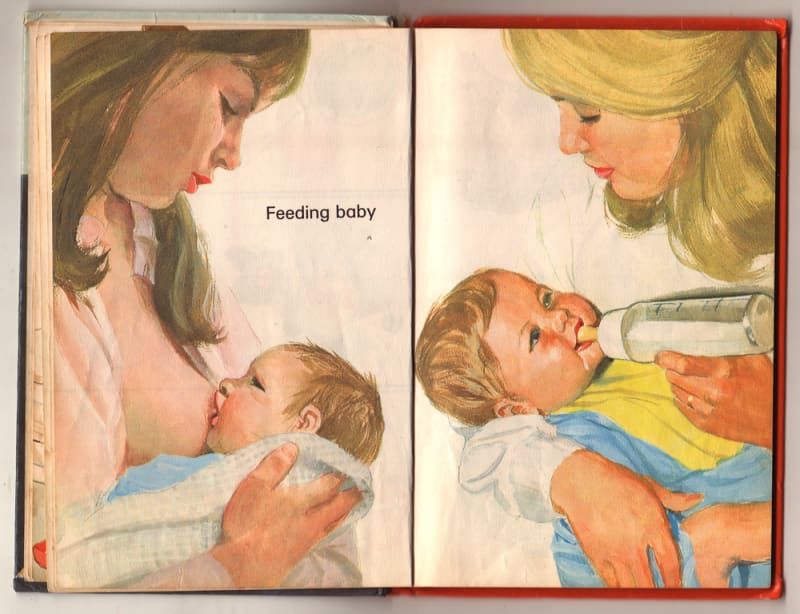 There can be many reasons:
There can be many reasons:
- A breastfeeding child prefers milk and dairy products, intuitively understanding that he needs calcium, and now milk is healthier for him than soup. nine0016
- The child wants a cookie, not vegetables.
- He really wasn't hungry. For example, his metabolism is slow, breakfast has not yet been digested, and lunch is already being offered. Or the child was sitting in front of the TV after breakfast and his appetite had not yet had enough time to play out. Compared to the boy next door who was outside all day.
- If a child is not genetically destined to become Uncle Styopa, then he can eat much less than his peer, who has tall parents. nine0016
- Psychological problems. If earlier you accidentally gave your child a bitter cucumber, then he may refuse any green food. Or you yell at the child during the meal, and for him the food is perceived as a trauma.
If your child is lively, but at the same time he has a "bad appetite", then this is not his problem, but yours - the psychological problem of an unsatisfied instinct.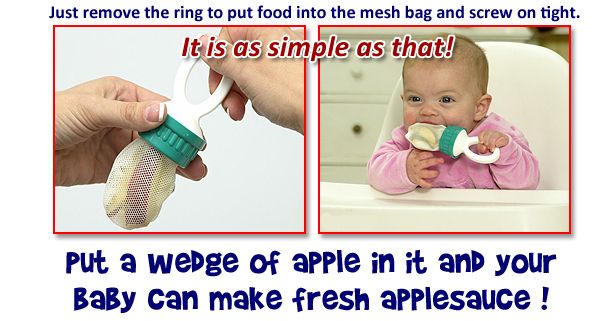 If a child jumps, jumps, he has healthy nails, hair, etc., think less about what he lacks. Better think about something nice))
If a child jumps, jumps, he has healthy nails, hair, etc., think less about what he lacks. Better think about something nice))
An active child = not a hungry child.
Wait for the natural desire and correctly distribute energy costs - walk more often, send the child to the sports section, or simply say: “If you don’t want to, take a walk, dinner is not earlier than seven and no snacks.” That is, if your child simply does not want to eat, normalize feeding - strictly at a certain time and without snacks. The body will get used to secrete gastric juice strictly according to the schedule.
And one more thing. There are no rules about how much a child should eat. He can eat a kilo (and make you very happy) and 9Send 00 grams to the toilet. Or eat 100 g and learn everything.
But it is much more difficult if the child CANNOT eat.
Causes:
- If you are breastfeeding, you may have “tight breasts”, when it is very difficult for the baby to suck milk.

- The child has a runny nose, and when he eats, he begins to choke.
- Food hot, cold, sour, bitter.
- He has sores in his mouth (for example, from toys), and they hurt when food gets on them. nine0016
- Teeth are cut, gums hurt.
- Bowel problems. The stomach starts to hurt while eating.
- The child simply fell ill (cold, SARS, poisoning, influenza, etc.). If the child is sick, and he is not dystrophic, then you should not force him to eat. The body fights infections better when it's hungry. But be sure to drink.
If a child at first shows appetite and interest in food, but refuses to eat through a spoon or two, then, most likely, the process of eating causes him certain difficulties. nine0003
If the baby CANNOT eat and you can't identify or eliminate the cause, the best thing to do is contact your pediatrician. The doctor will accurately determine the problem and give the necessary recommendations.
Our clinic has a wonderful pediatrician Yuliya Vladimirovna Sinyagina with 17 years of experience! You can sign up to her))
Bon appetit everyone! As well as strength, patience and satisfied instincts!
Back to the list of articles
What to do if the child does not eat well.

Child needs to eat instinctively from birth . If the child is healthy, he eats as much as his body requires. Over the years, our instincts weaken and eating behavior begins to rely not only on the needs of the body, but also on:
- socio-psychological environment
- experience
- emotional state
It is very important to be able to distinguish between a true decrease in appetite and a false one. If false, there are no problems with food or health, but at the same time, parents are unhappy with the amount of food eaten. nine0003
To diagnose a child's eating behavior, it is necessary, first of all, to clarify the general state of the child's health, his activity, growth and weight indicators and their dynamics, and especially the rhythm of nutrition.
Types of refusal to eat:
- A child older than 1.5–2 years does not eat certain food groups. For example, refuses vegetables, meat or cereals.

- The child bites and eats mainly junk food: sweets, fast food and processed meat (sausages, sausages). nine0016
- A child older than one and a half years old eats only liquid, homogeneous food (for example, milk, formula or puree).
- The child refuses any food and goes on hunger strikes
- The child experiences fear when eating due to some trouble that occurred while eating.
- For diseases of the oral cavity and disorders of the digestive system. The child avoids pain when eating or after eating.
- The child may not eat well when he is not feeling well. This is a normal human reaction to the disease. nine0016
- Increased nervous excitability. An excited child can hardly secrete the required amount of saliva, so it is difficult for him to have dryish food. If you are under a lot of stress, you may have trouble swallowing due to throat spasms.
Consequences of refusal to eat:
- the child does not gain weight for a long time, growth and lags behind in physical development
- chronic eating disorder, deficiency of vitamins and microelements layer is very thin.
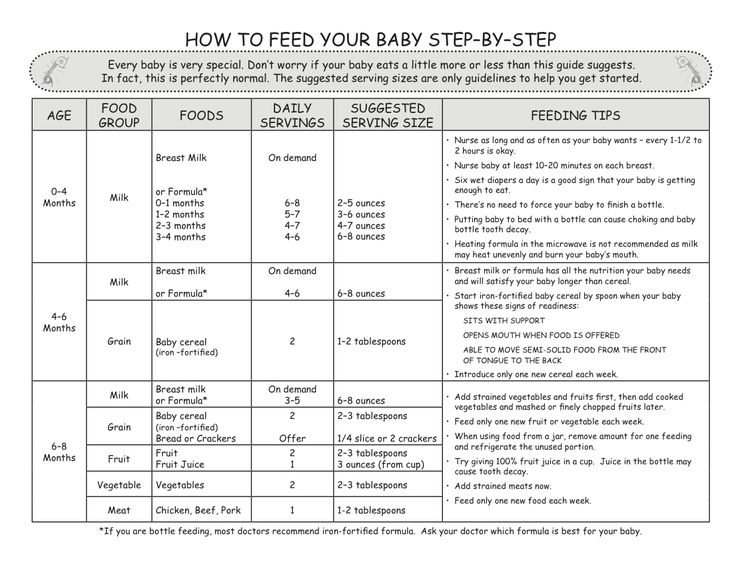 There is a decrease in immunity, a tendency to frequent infections and their protracted course; fatigue and general weakness. nine0003
There is a decrease in immunity, a tendency to frequent infections and their protracted course; fatigue and general weakness. nine0003 If diseases are ruled out, in most cases the problem of the child's selective appetite can be solved by parents on their own.
What to do?
Lots of recommendations. To normalize the appetite will have to spend a lot of time and effort. Therefore, be patient.
- There is one simple rule that helps to determine the amount of food a child needs: the number of spoons of each meal eaten must be at least the number of full years . You can conclude a kind of contract to comply with this rule. If the child understands the agreements, he can correctly calculate his strength and build expectations . Large plates can scare a child, as can huge portions.
- Think about how a child usually eats. If it is filled with persuasion, quarrels, threats of punishment, then a decrease in appetite is quite natural.
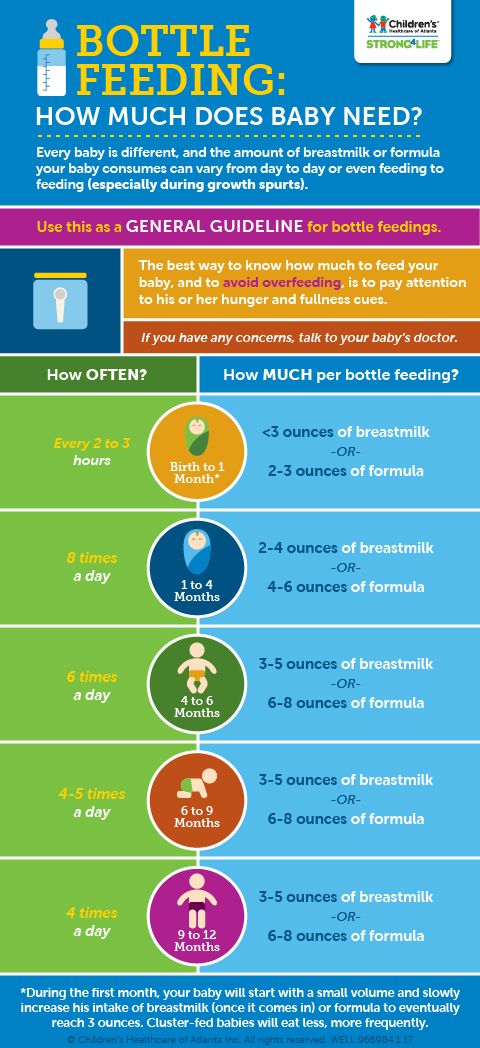 Our psyche is arranged in such a way that the emotional coloring of events occurring simultaneously is mixed and attached to each other . If food becomes a cause of conflict with parents, the child experiences unpleasant emotions - resentment, shame, anger, etc. These emotions are superimposed on all meals. Try not to force him to finish his plate, do not threaten punishment. The more you force, the more the child will resist. Make your meal a pleasant event of the day in a warm family circle with a beautiful table setting.
Our psyche is arranged in such a way that the emotional coloring of events occurring simultaneously is mixed and attached to each other . If food becomes a cause of conflict with parents, the child experiences unpleasant emotions - resentment, shame, anger, etc. These emotions are superimposed on all meals. Try not to force him to finish his plate, do not threaten punishment. The more you force, the more the child will resist. Make your meal a pleasant event of the day in a warm family circle with a beautiful table setting. - However, the opposite situation also happens: the mother, on the contrary, does not offer food too persistently. There is an opinion: you need to make 8 to 15 unobtrusive attempts, preferably in a playful way, so that the child gets used to unfamiliar food. Use little tricks. Offer new foods to your child to choose from - for example, from 2-3 dishes. This will help him understand that his opinion is taken into account in the family.
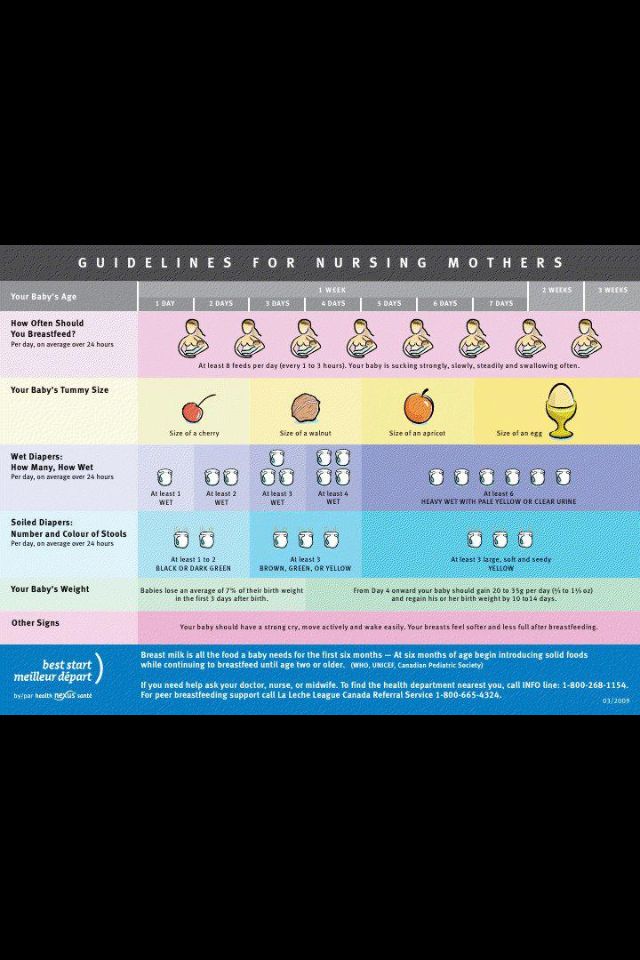 Replace products. Try different types of meat - the child will surely choose something for himself, because he needs iron in an easily digestible form, which can only be obtained from meat products. Add mince to vegetables. Use different cooking methods. nine0016
Replace products. Try different types of meat - the child will surely choose something for himself, because he needs iron in an easily digestible form, which can only be obtained from meat products. Add mince to vegetables. Use different cooking methods. nine0016 - Selective appetite develops in children of parents who use food as a reward or as blackmail: "If you don't eat soup, you won't go for a walk." Pediatricians emphasize that food is a source of nutrients, fuel for the body, and not a means of manipulation.
- You should not feed a child mechanically when he is engrossed, say, in playing or watching a movie - many children eat well under advertising or on a tablet, not feeling the taste of food at all, which ultimately only reduces their appetite. nine0016
- Children are much more willing to eat what has been cooked with them, so feel free to involve them in the cooking process. Turn cooking into an exciting joint creativity, and you will see how the child gradually changes his attitude to food.
